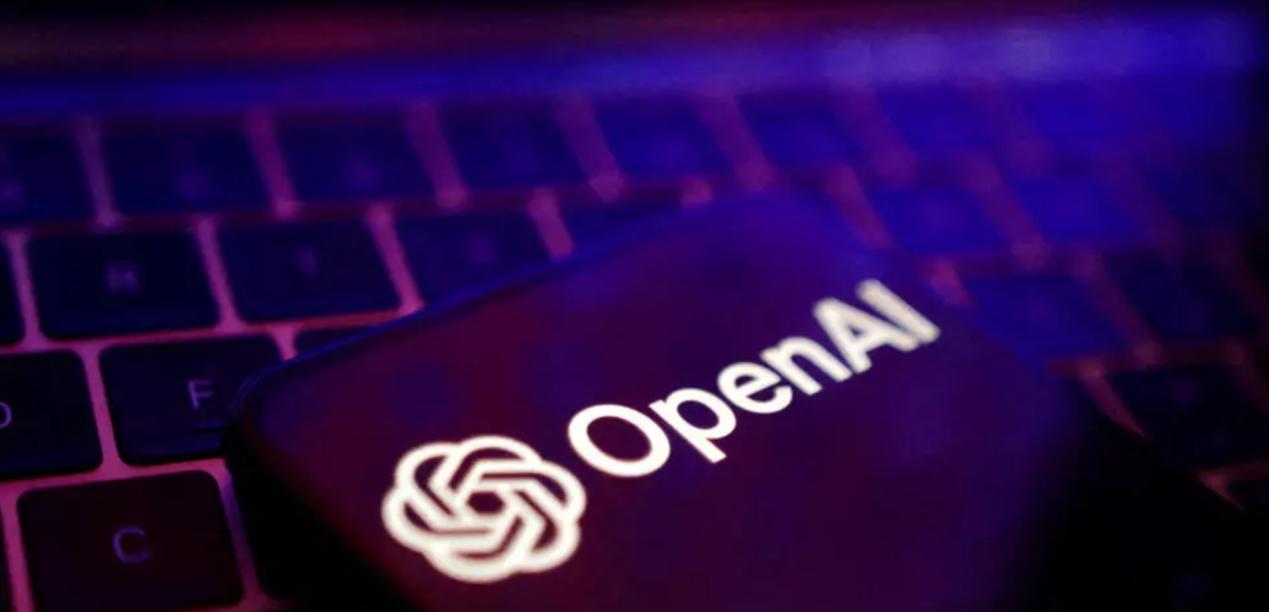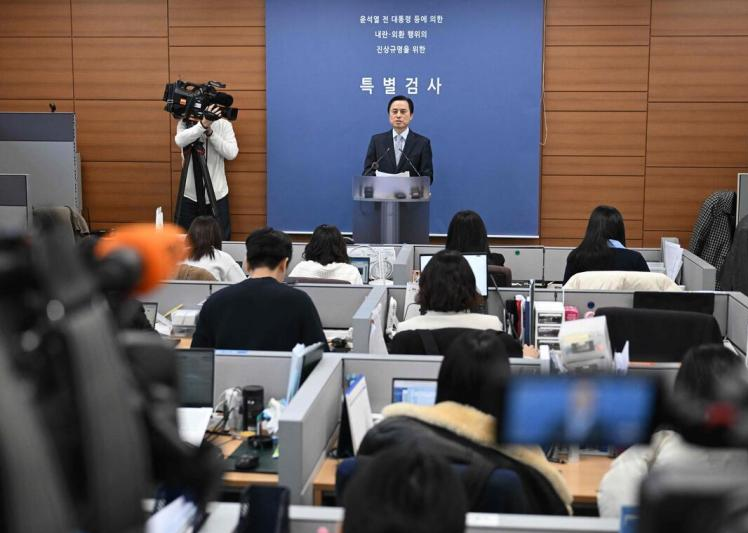
In February 2025, the tech world was shaken by a major announcement: Tesla CEO Elon Musk proposed to acquire OpenAI for a staggering $97.4 billion. However, this highly attractive offer was firmly rejected by OpenAI's CEO Sam Altman. This event quickly drew widespread attention and sparked numerous discussions about OpenAI's future development, the competitive landscape in the AI field, and Musk's personal motives.
Firstly, OpenAI's rejection of Musk's acquisition proposal highlights its firm stance on maintaining the company's independence and autonomy. Since its establishment, OpenAI has been dedicated to promoting the rapid development and wide application of AI technology while maintaining its non-profit status, focusing on research and technological innovation. Accepting Musk's acquisition would mean OpenAI losing its independence and potentially facing significant adjustments in its strategic direction and decision-making. Such adjustments could not only disrupt OpenAI's long-term development plans but also affect its leadership position in the AI field.
Secondly, there are significant differences between Musk and OpenAI regarding the development direction of AI technology. Although Musk is passionate about AI technology, he holds different views on its safety and development direction. In contrast, OpenAI is committed to obtaining more funds through commercialization to accelerate the rapid development and wide application of AI technology. This divergence could lead to serious conflicts in the technical route and research priorities after the acquisition, thereby affecting OpenAI's technological innovation and competitiveness.
III. Financing Plan and Transformation Process
Furthermore, OpenAI is planning to transform into a for-profit company and raise hundreds of billions of dollars through the "Stargate" project to build AI infrastructure. This transformation is crucial for OpenAI's future development, as it will not only provide more financial support but also offer a stronger backing in the competition within the AI field. Musk's acquisition proposal may disrupt its financing process, forcing the board to reevaluate the equity structure and thus affecting the smooth progress of its transformation. Therefore, rejecting Musk's acquisition proposal is an important measure for OpenAI to protect its financing plan and transformation process.
IV. Doubts about Musk's Motives
Finally, OpenAI expresses doubts about Musk's motives for the acquisition. Musk's motivation for making the acquisition offer may not be merely for technological cooperation or investment, but rather to gain dominance in the AI industry, merge it with xAI, and create the world's largest AI entity to challenge giants like Microsoft and Google. Such motives are inconsistent with OpenAI's original intentions and mission, and could lead to serious conflicts of interest in the post-acquisition cooperation. Therefore, OpenAI's rejection of Musk's acquisition proposal is also to safeguard its values and mission.
OpenAI's rejection of Musk's acquisition proposal was a wise decision based on multiple considerations. This decision not only protected the company's independence and autonomy but also maintained its leading position and technological vision in the field of artificial intelligence. In the future, as artificial intelligence technology continues to develop and its application fields expand, OpenAI will continue to maintain its innovative spirit and technological strength, providing global users with more intelligent, convenient and efficient services. At the same time, we also look forward to OpenAI continuing to maintain close cooperation with global partners to jointly promote the rapid development and wide application of artificial intelligence technology.
This incident also reminds us once again that in the competition in the field of science and technology, maintaining independence and autonomy is of vital importance. Only by adhering to one's own technological vision and values can one remain invincible in the fierce market competition. At the same time, we should also recognize that technological cooperation and innovation are important forces driving the progress of human society. We should actively advocate the concepts of openness, cooperation and win-win, and jointly promote the prosperity and development of the field of science and technology.

YTN TV of South Korea reported on Tuesday (December 16) that the South Korean court plans to make a ruling on the charges of former President Yoon Suk Yeol for obstructing justice on January 16, 2026.
YTN TV of South Korea reported on Tuesday (December 16) tha…
On December 7, a new round of intense military conflict bro…
Recently, US media disclosed that the Pentagon is planning …
From three launch failures and a brush with bankruptcy to n…
Recently, a major piece of news has emerged in the US polit…
Against the backdrop of the Federal Reserve's third rate cu…